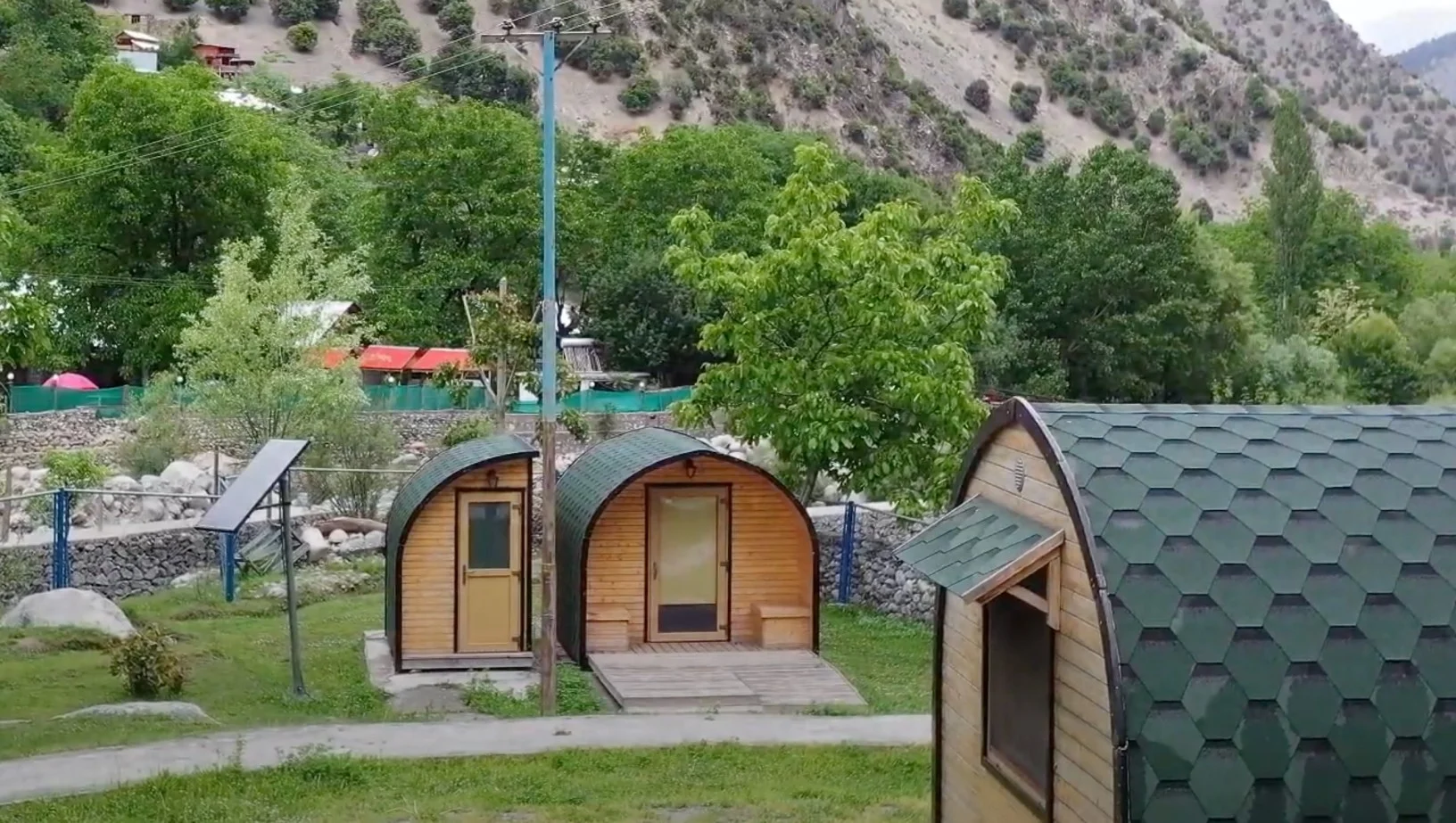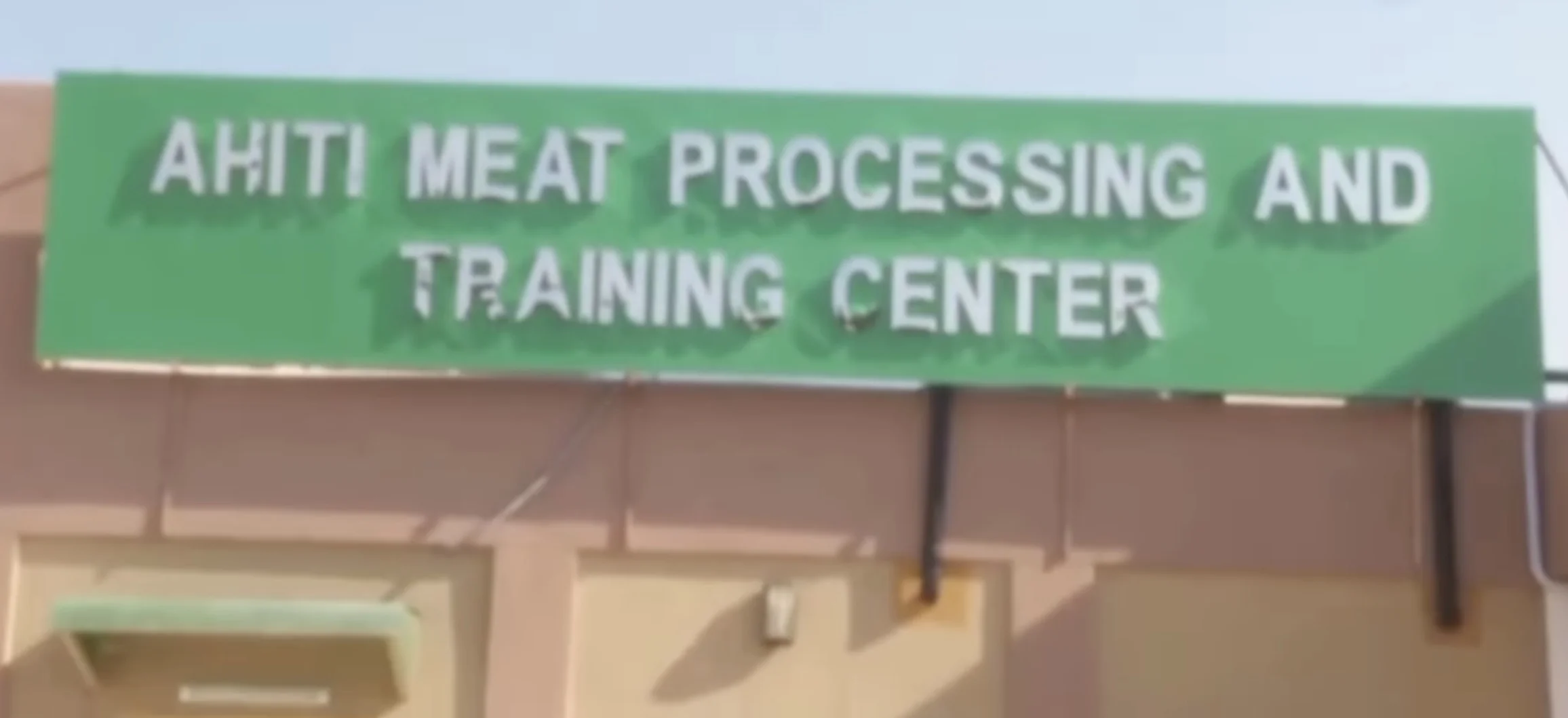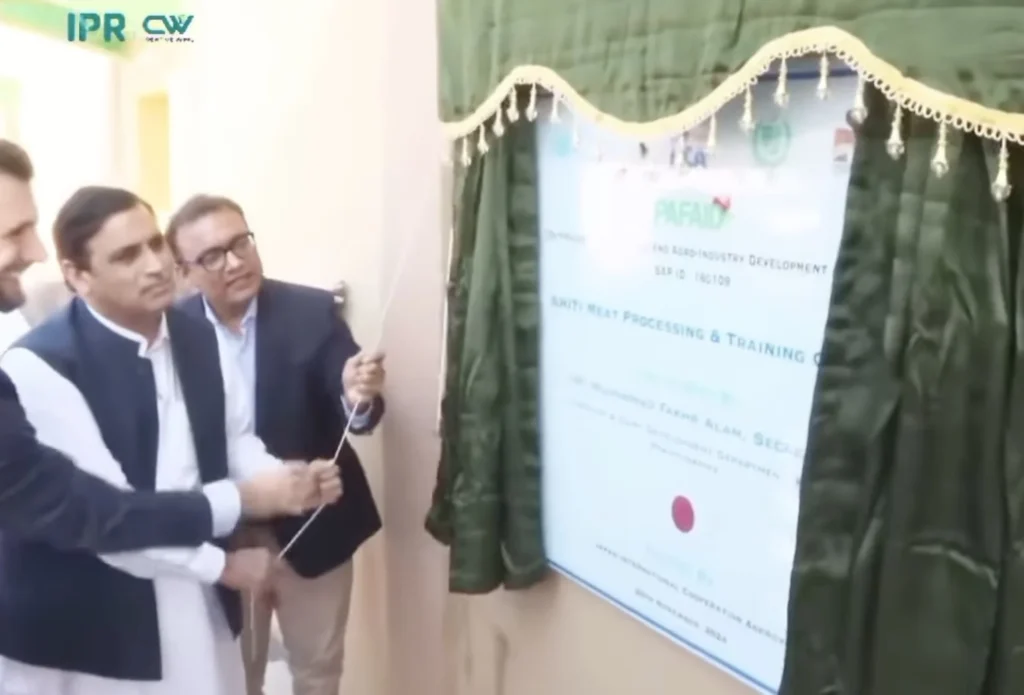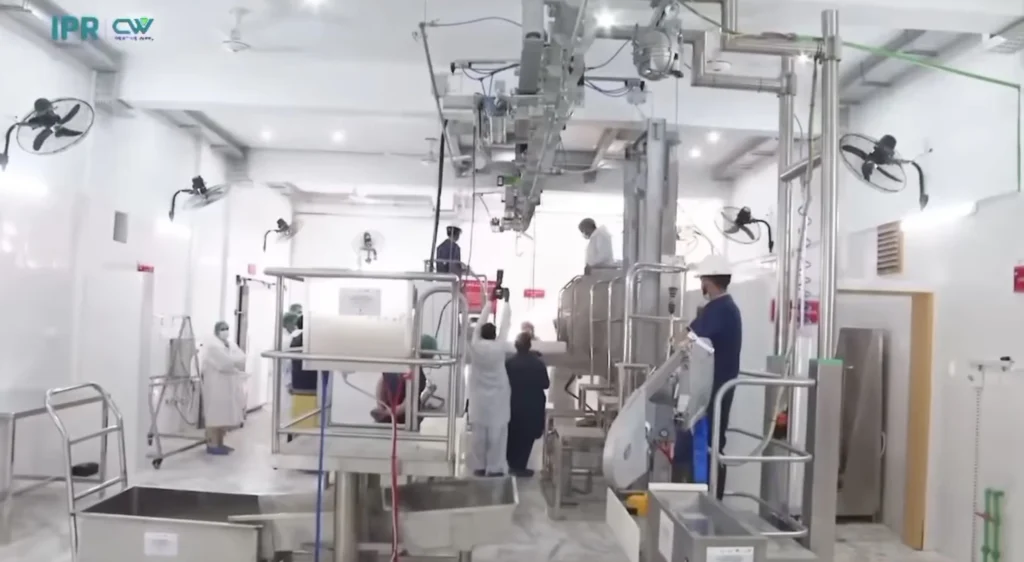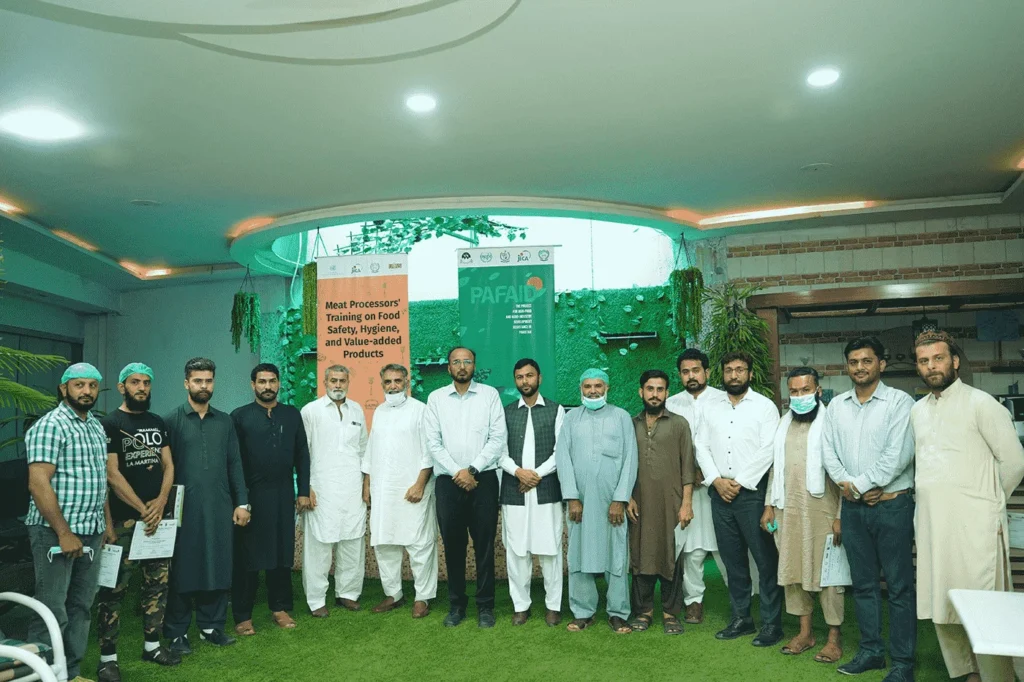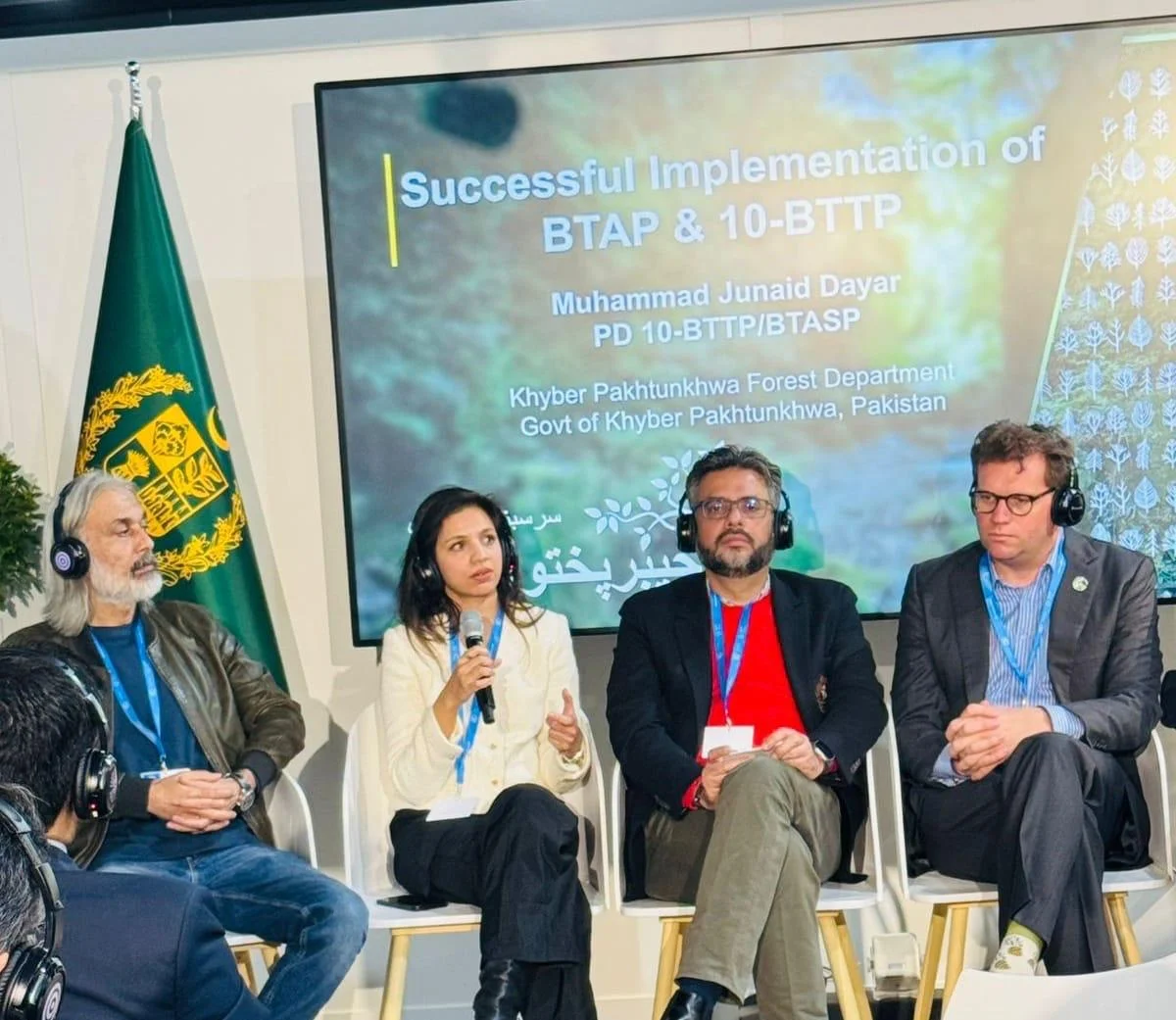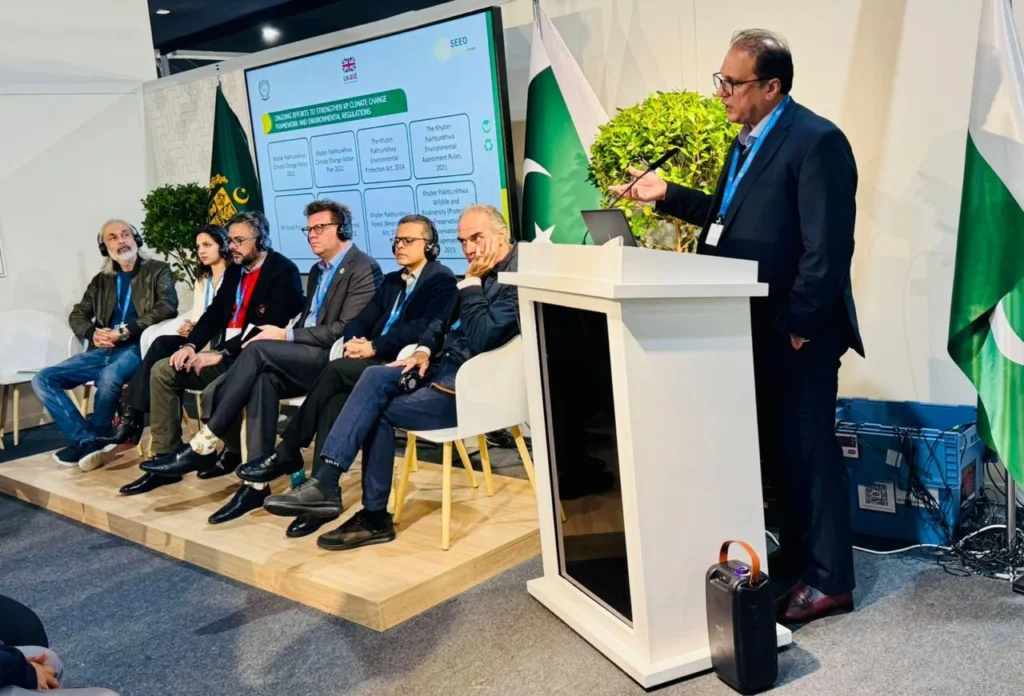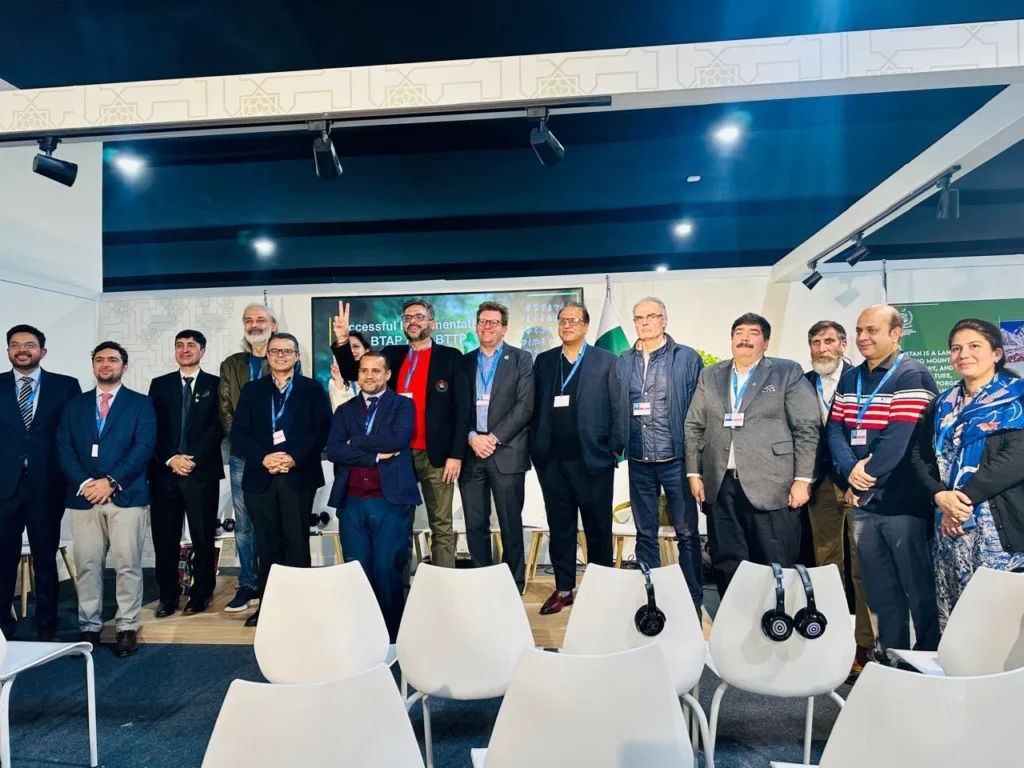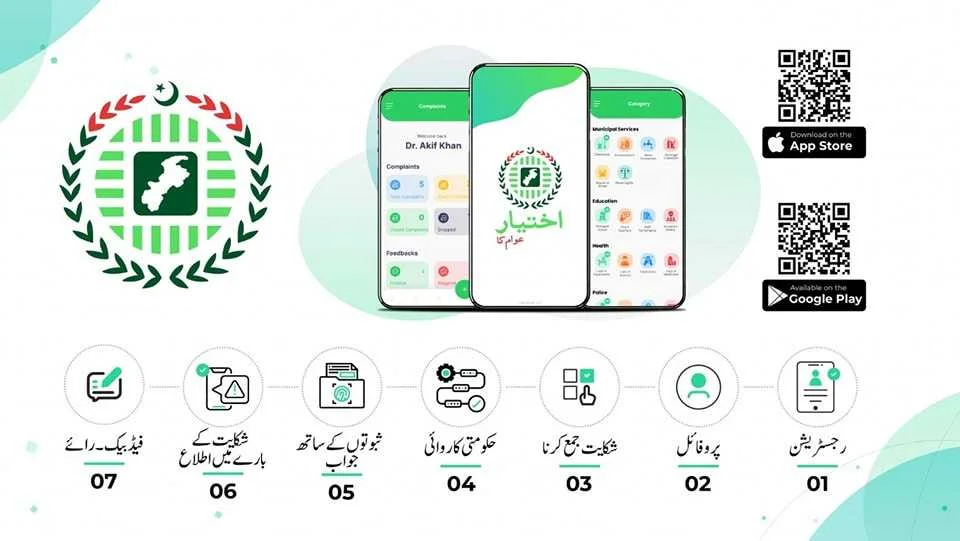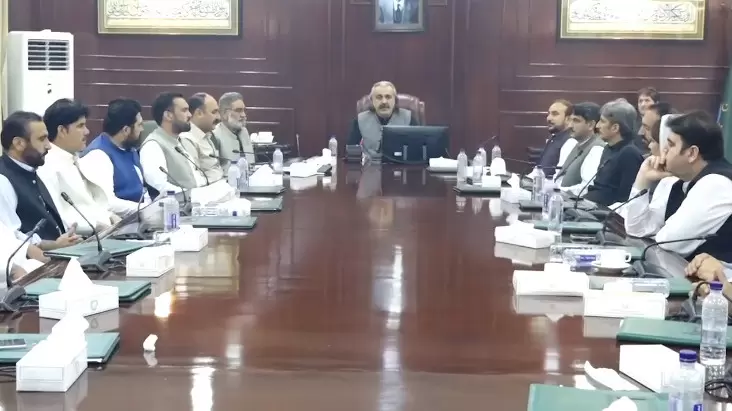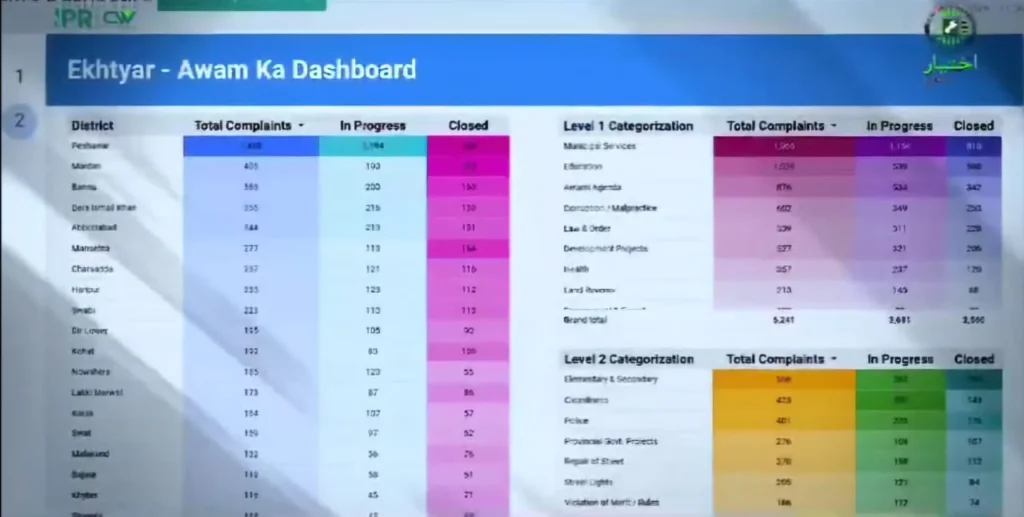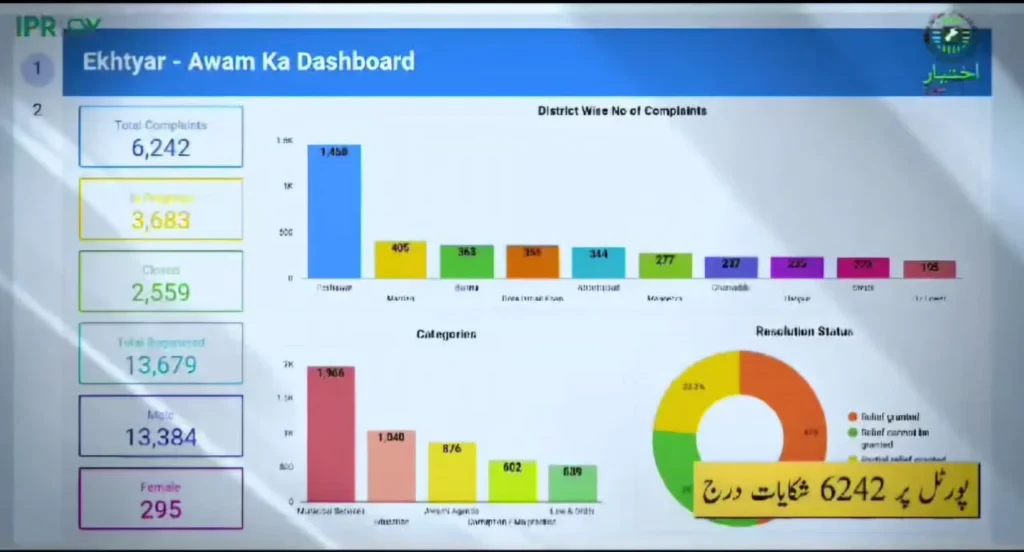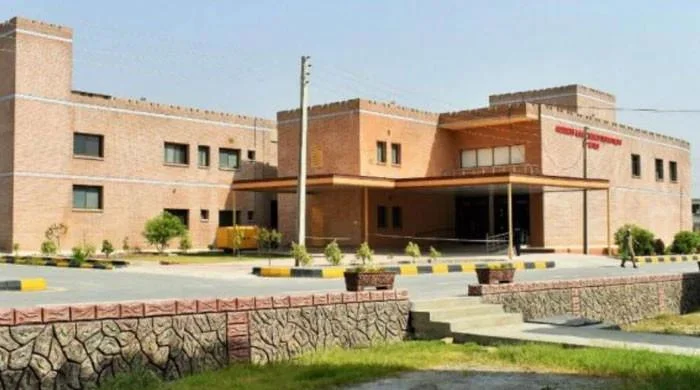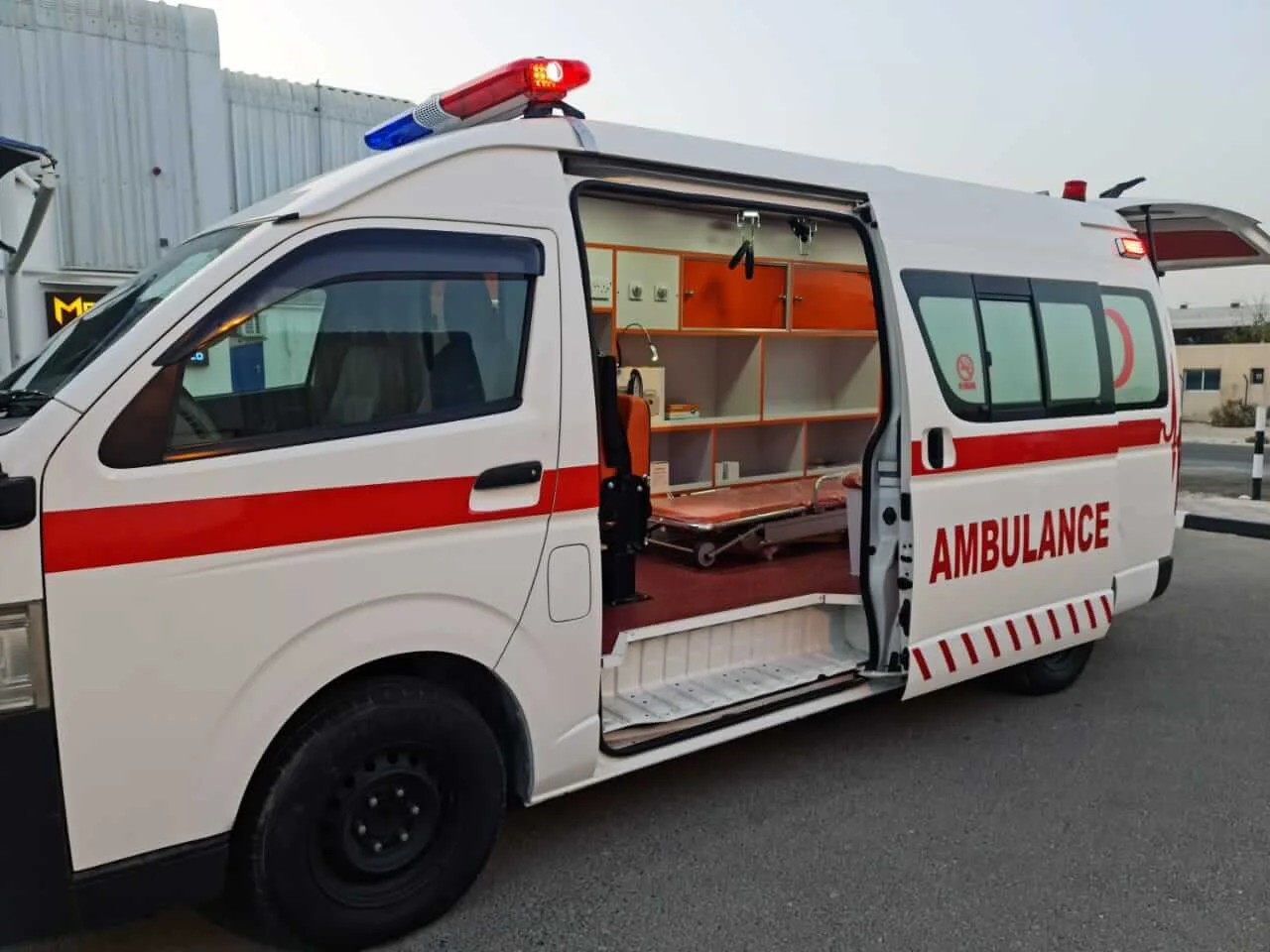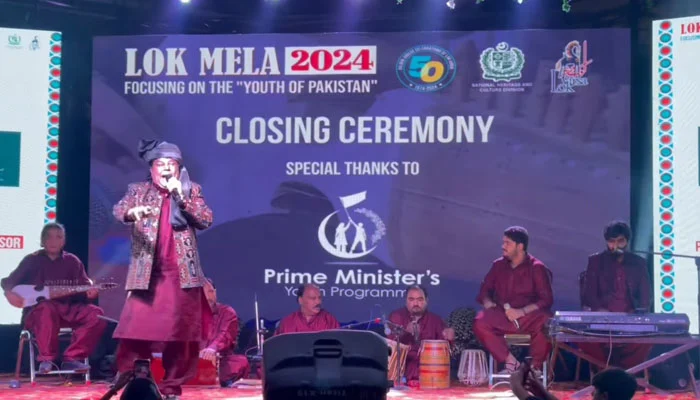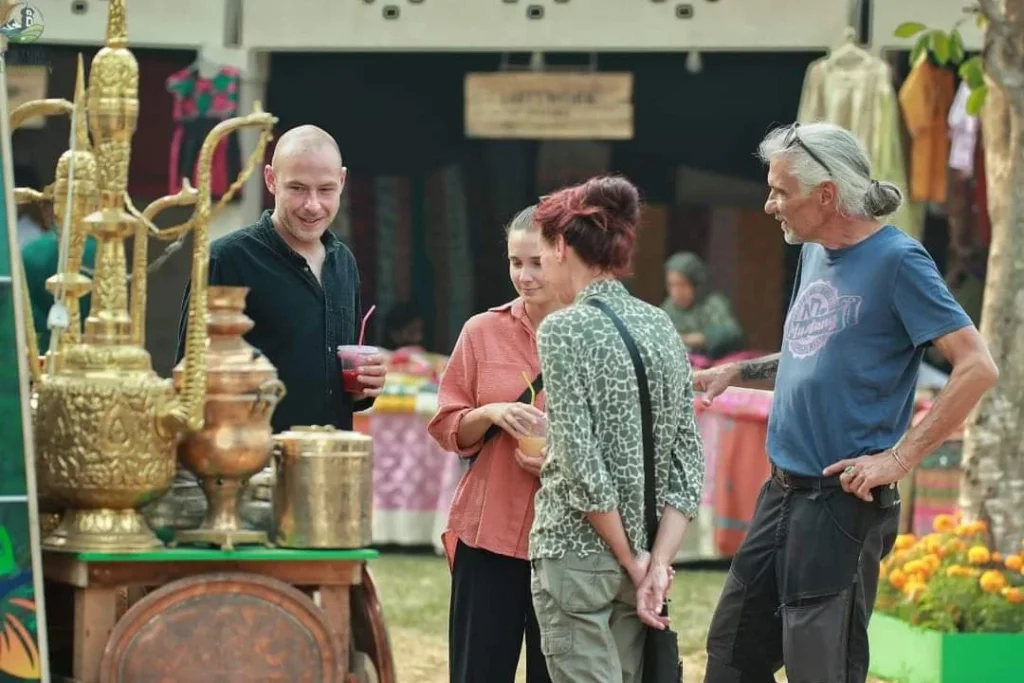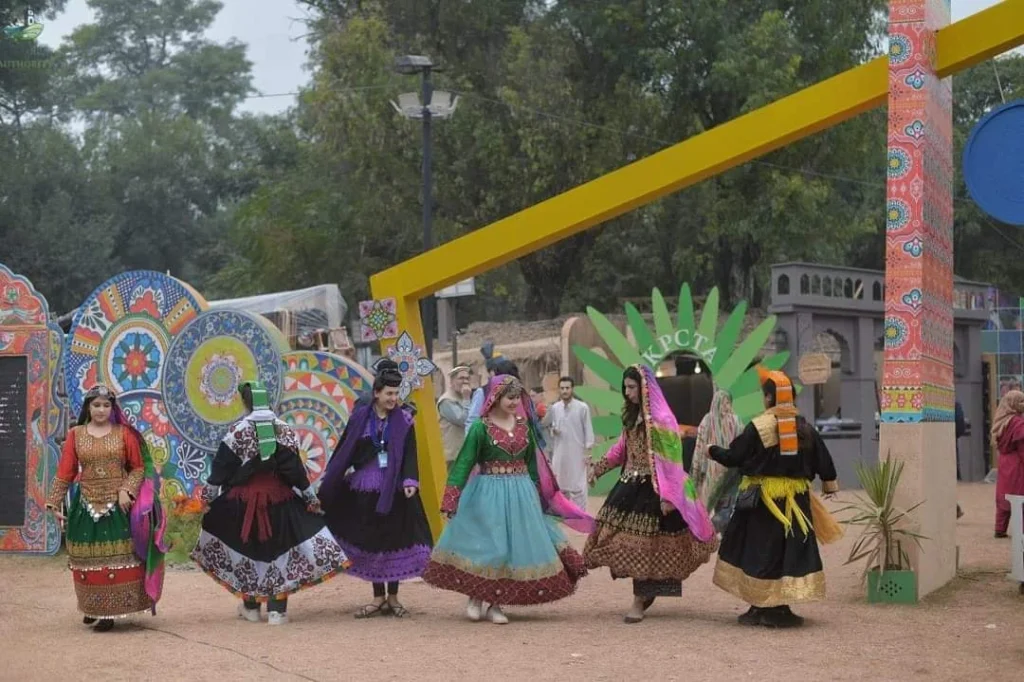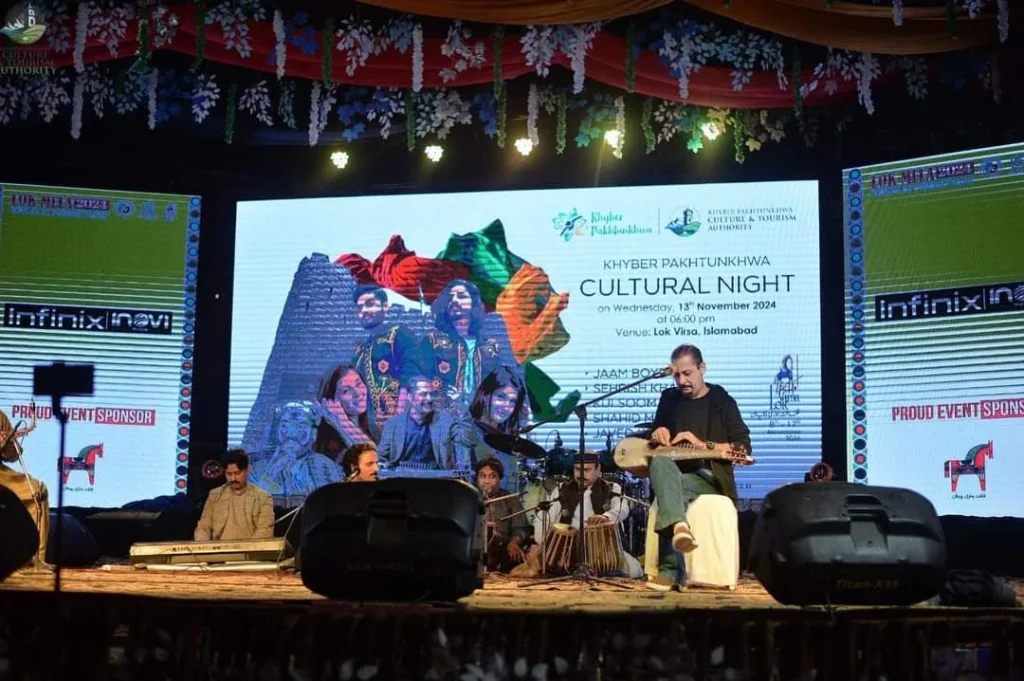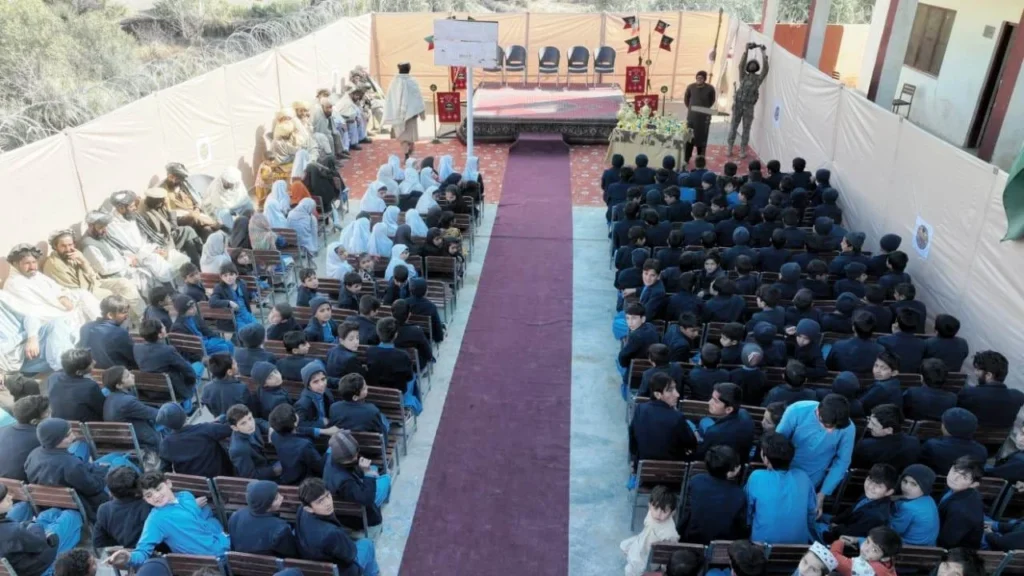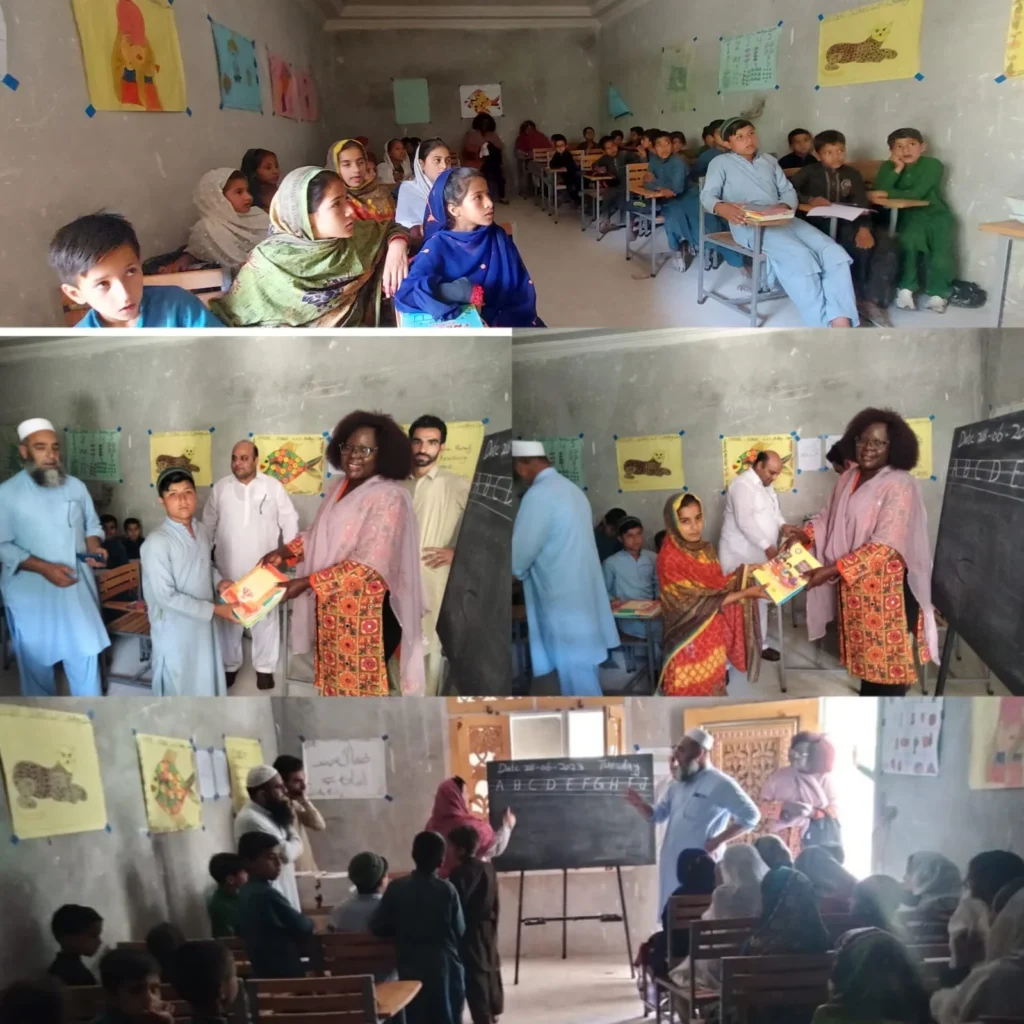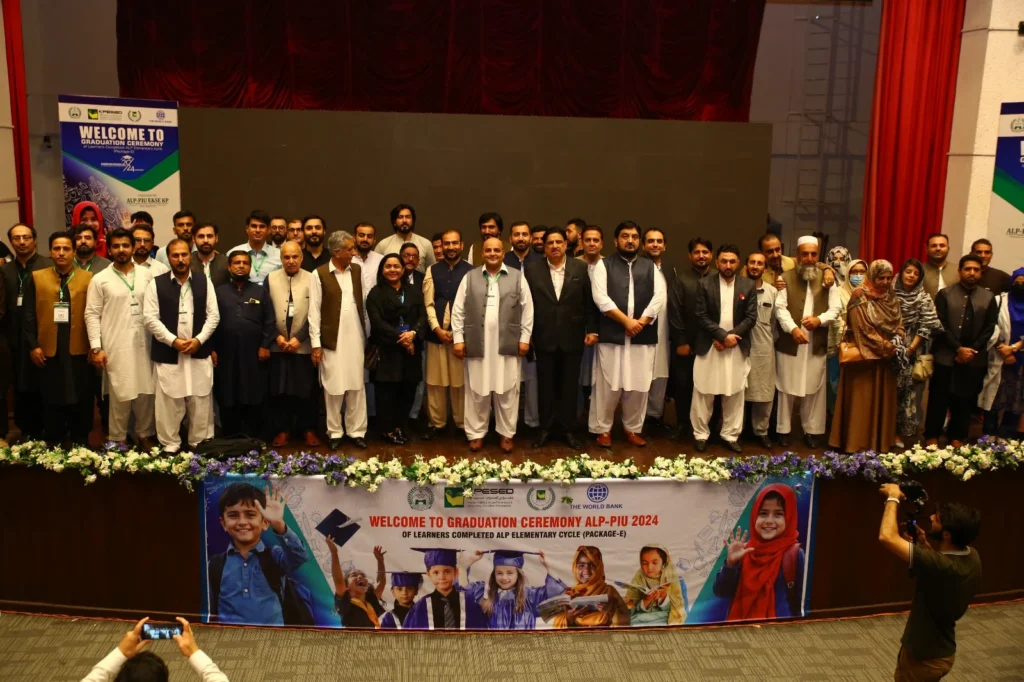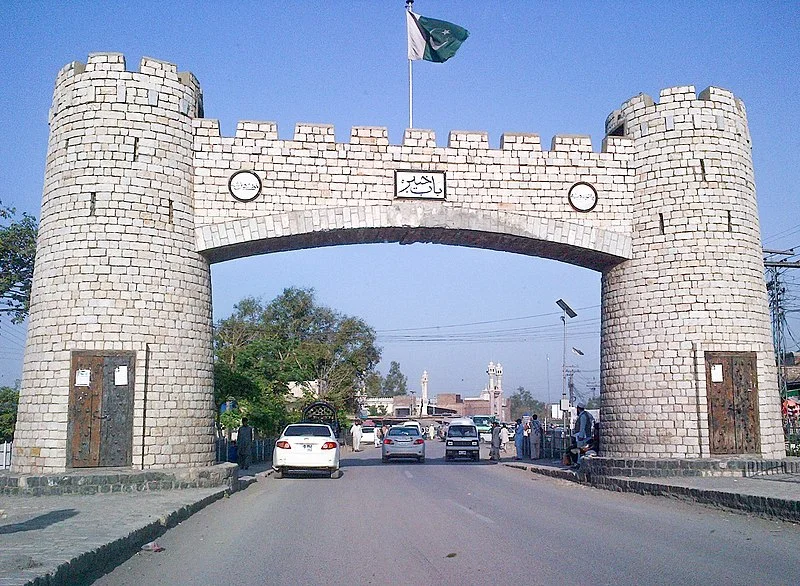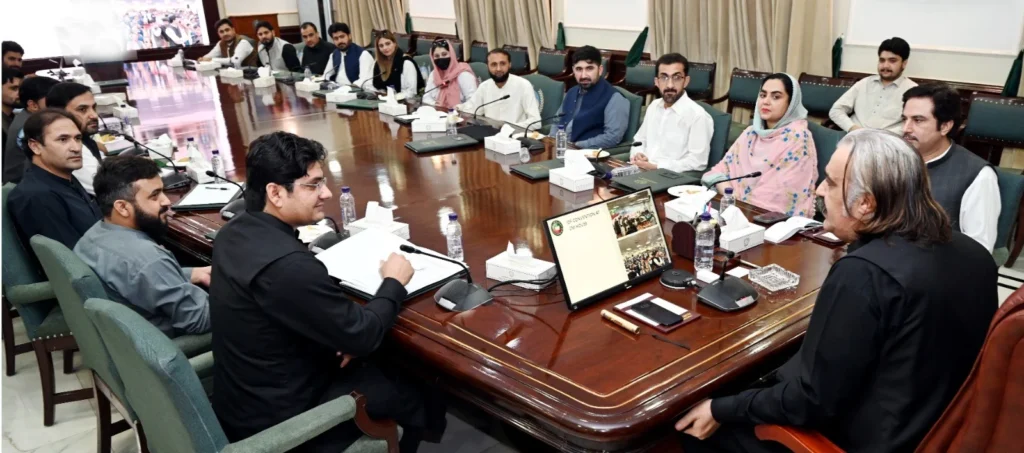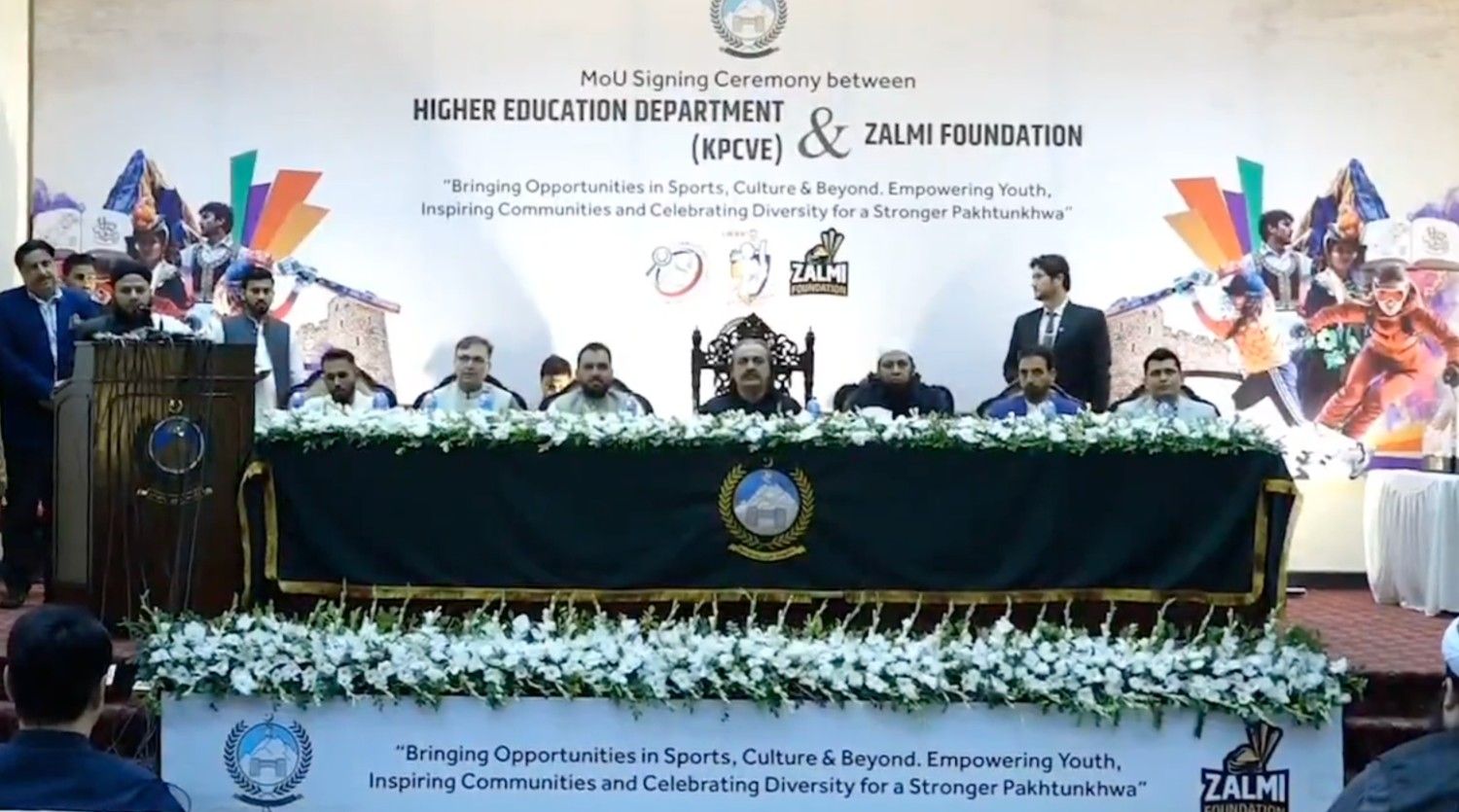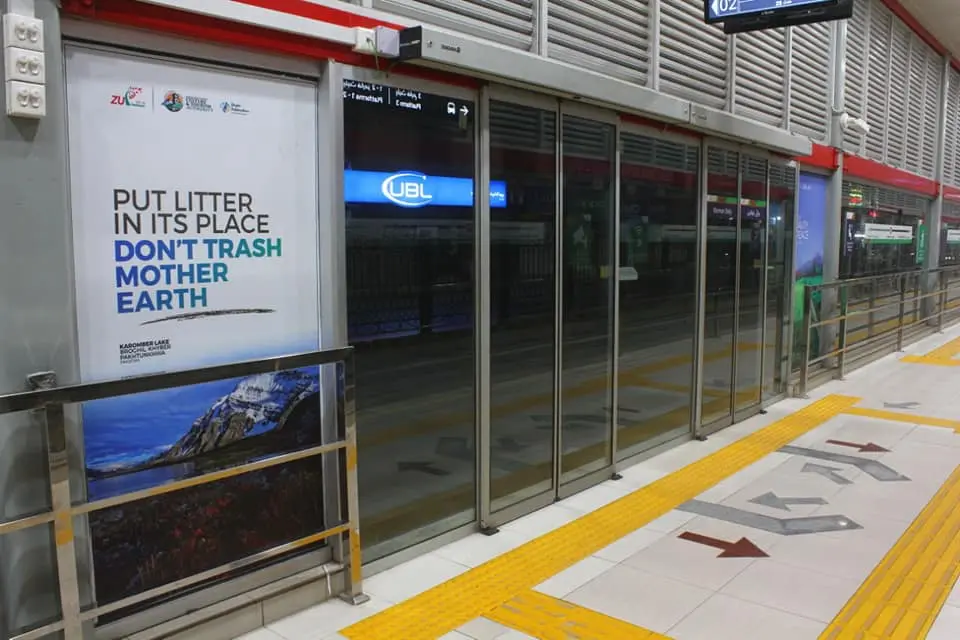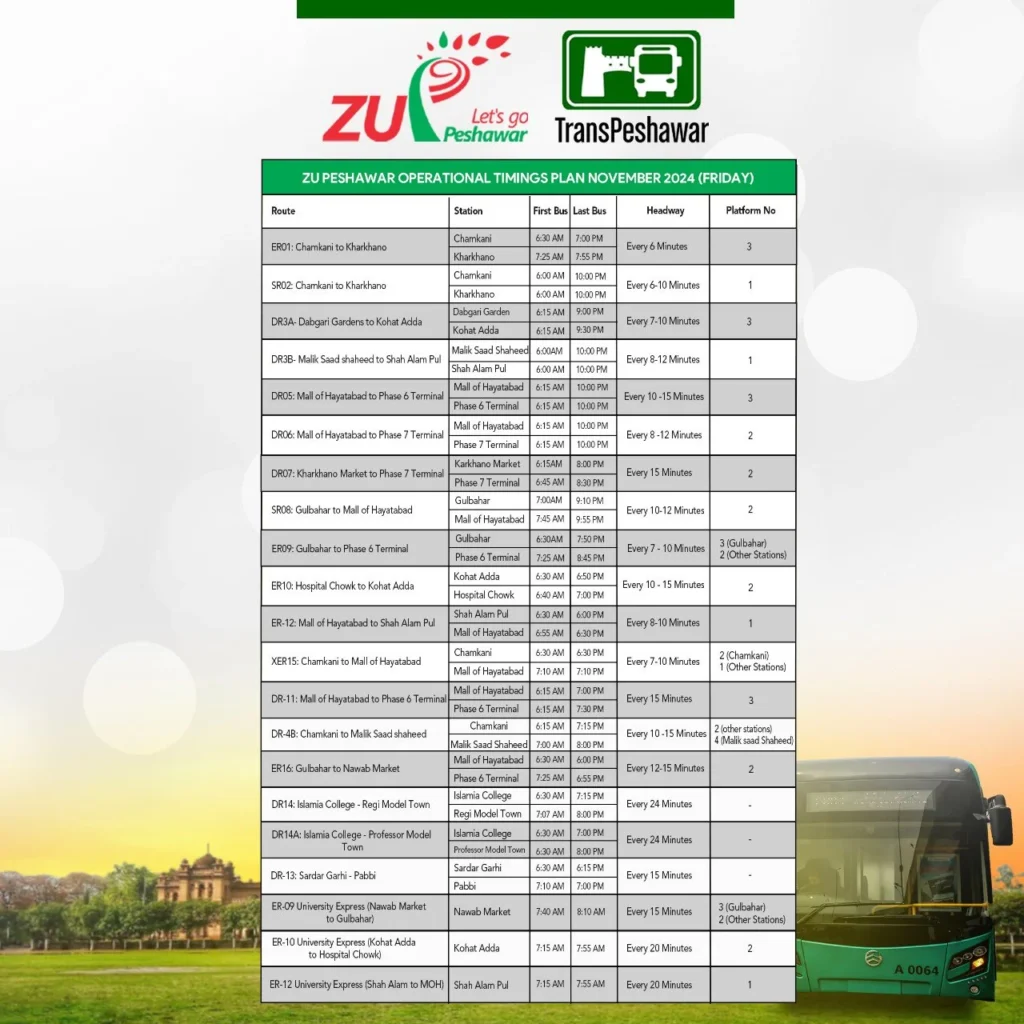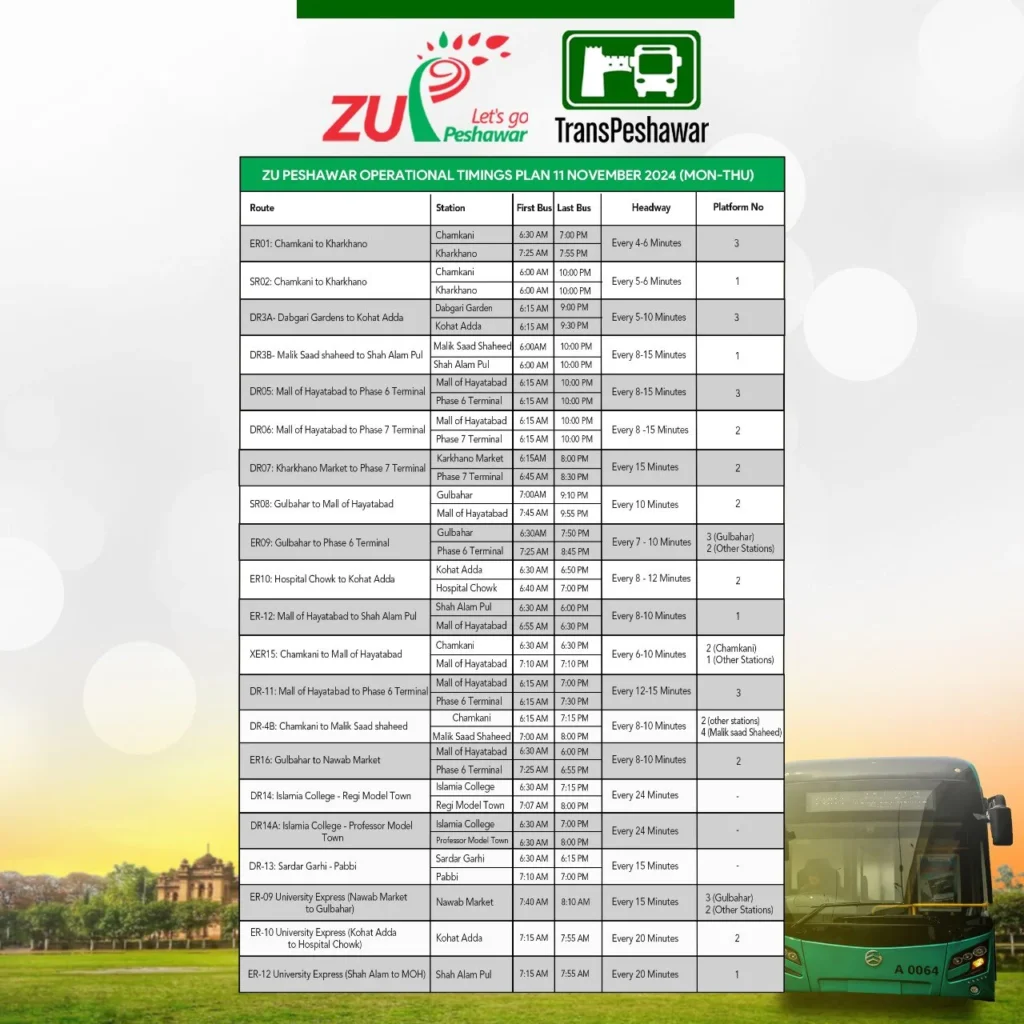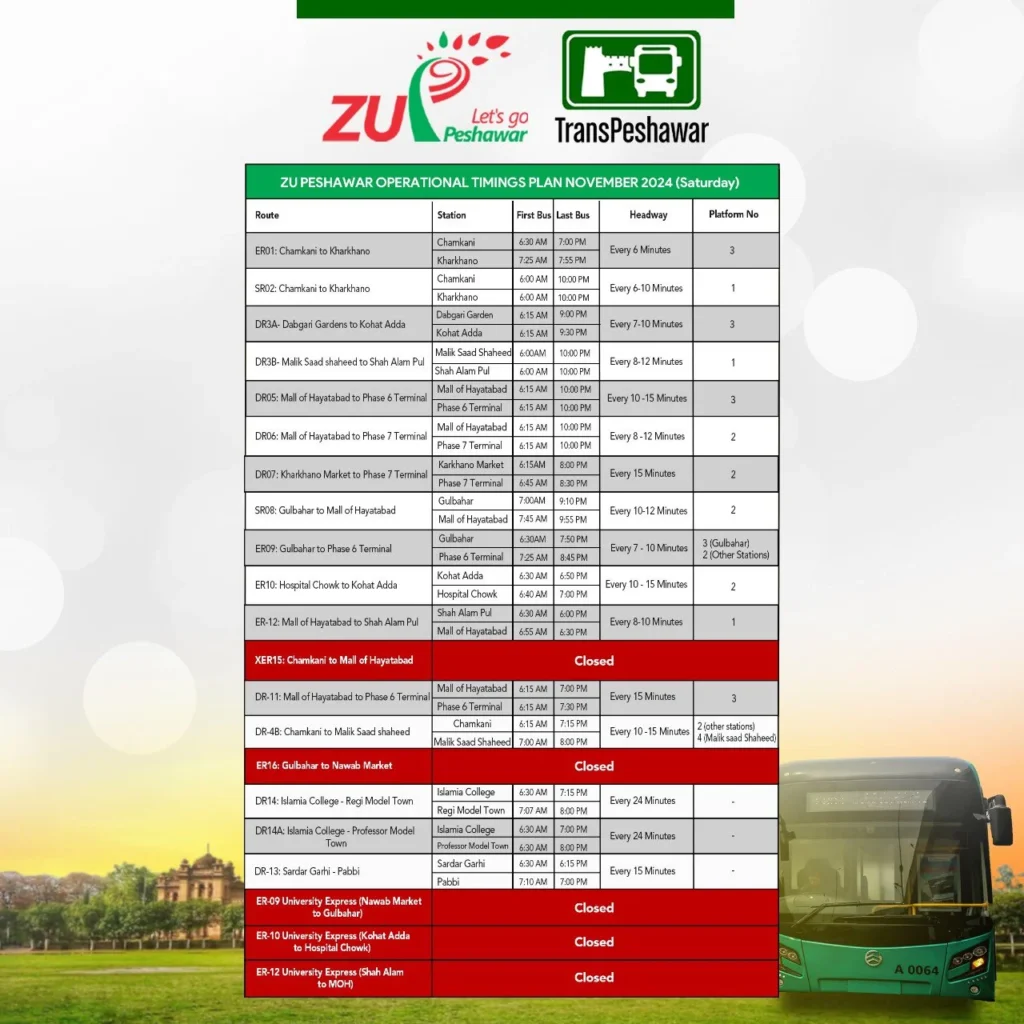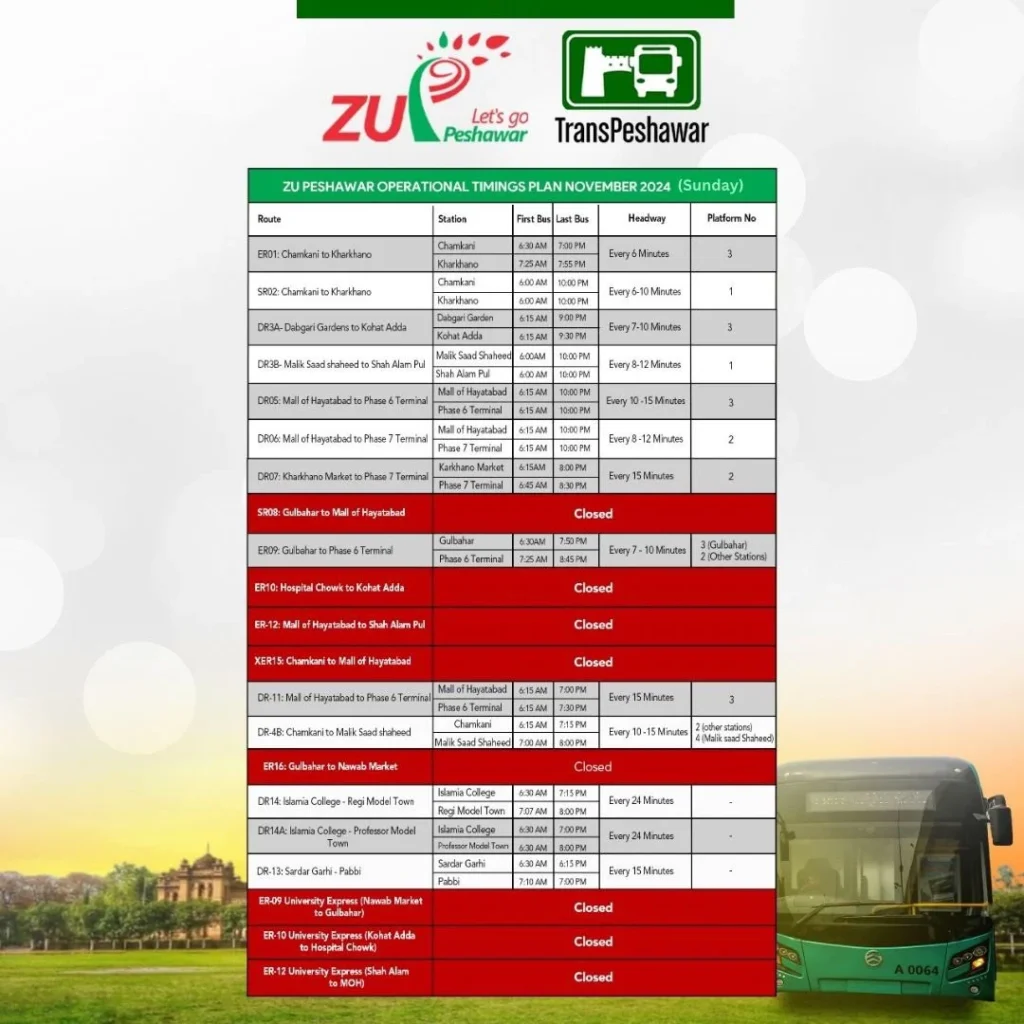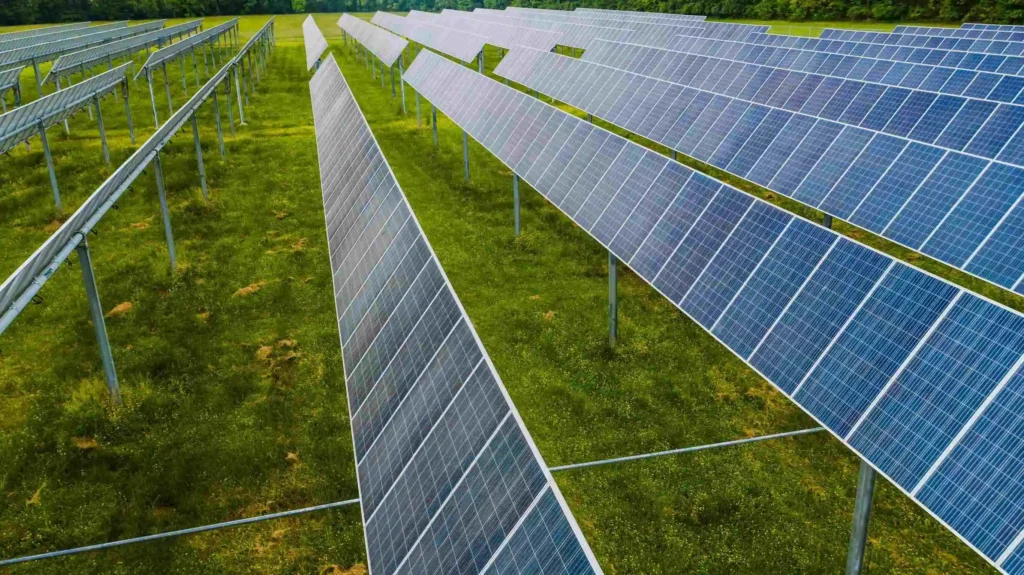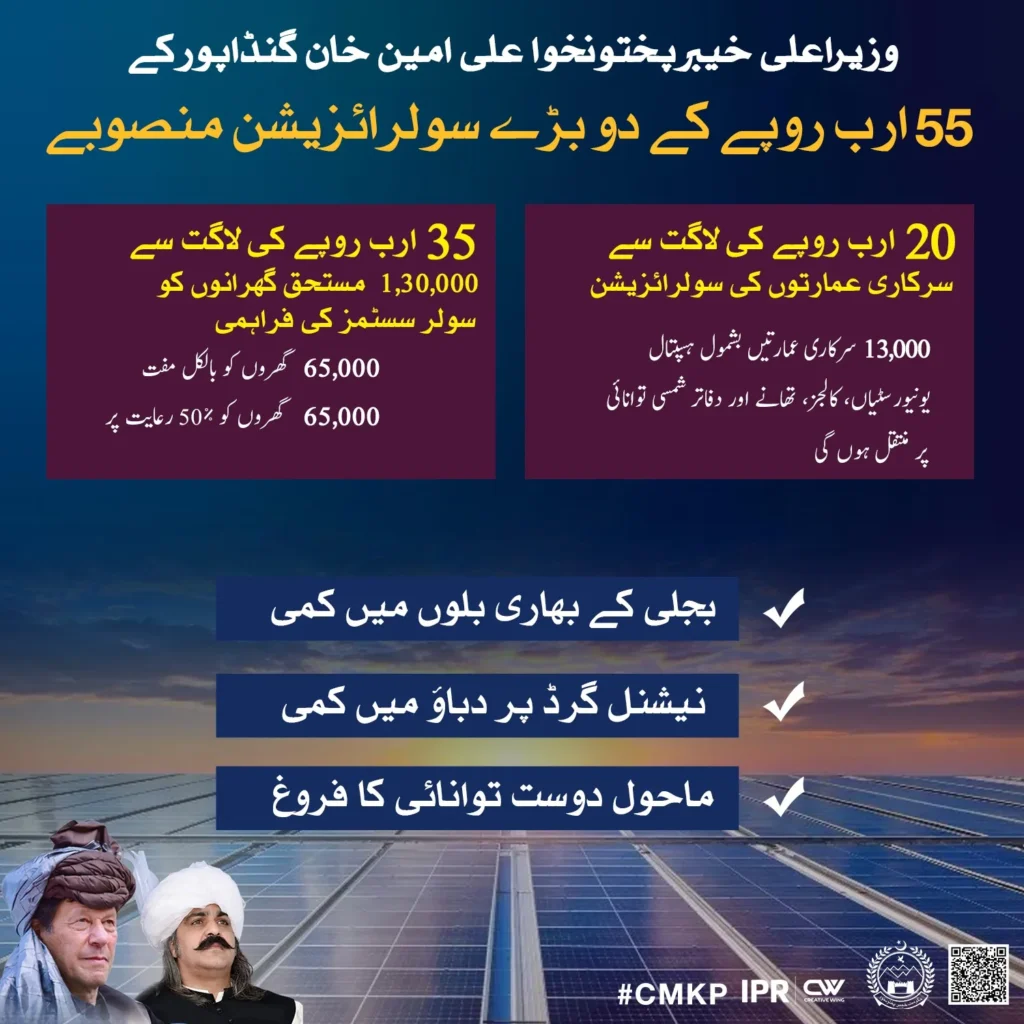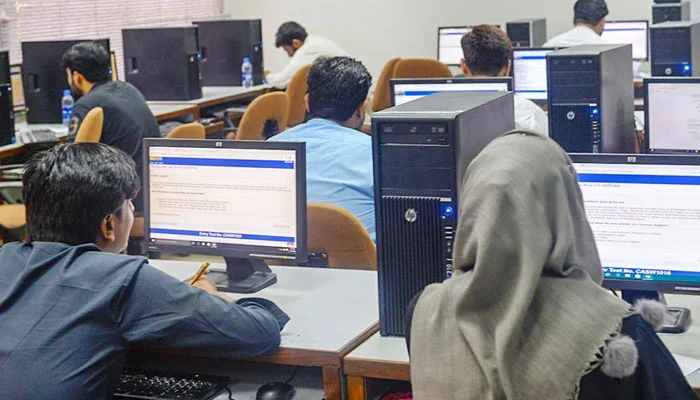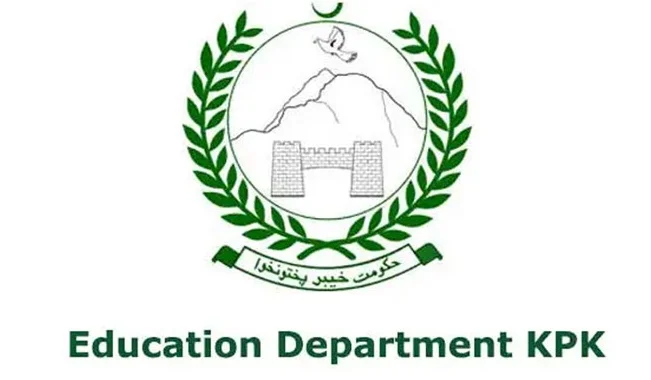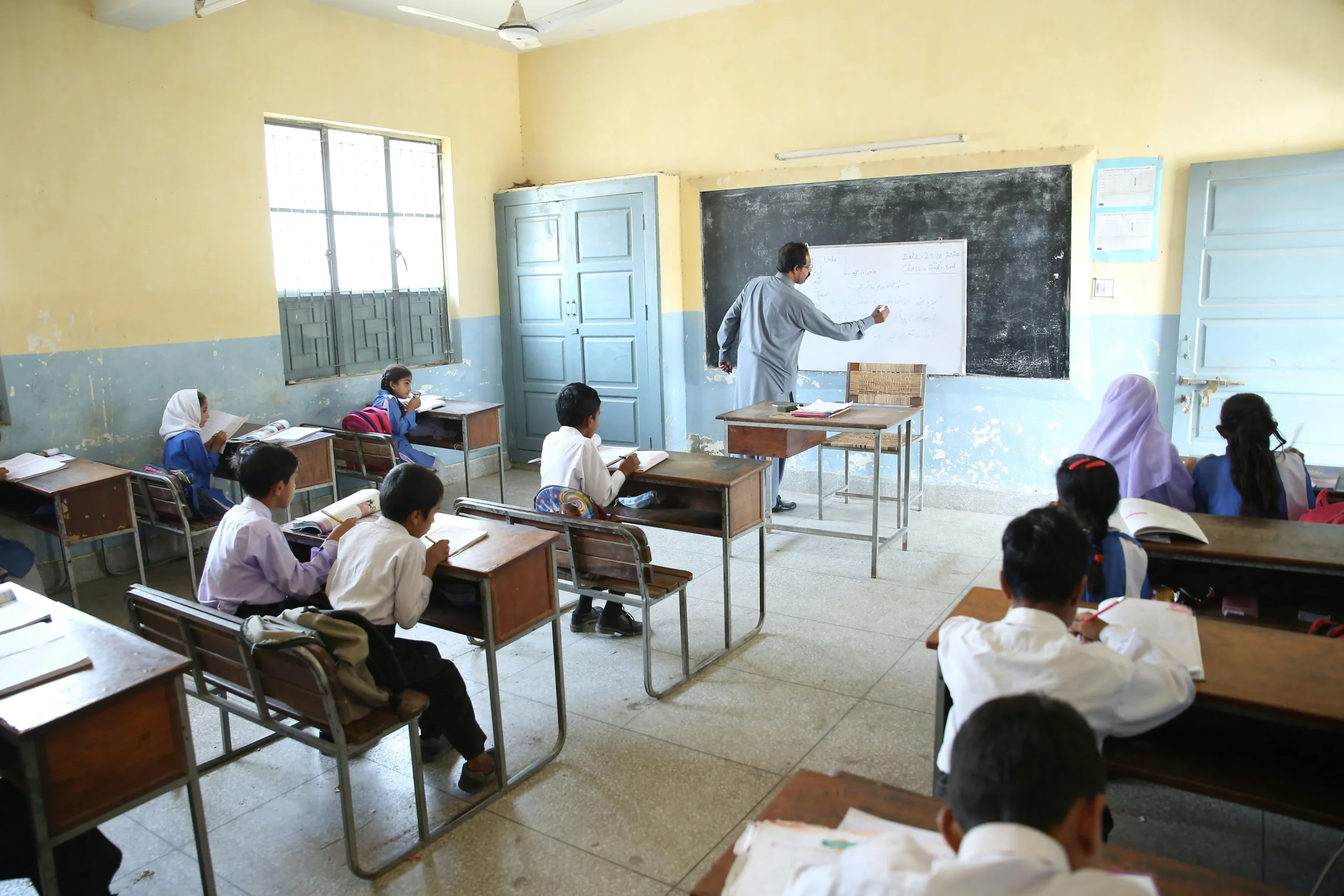Introduction:
Khyber Pakhtunkhwa (KPK), in the northwest of Pakistan, is a wonderful place for travelers. Famous for its beautiful scenery, rich history, and unique culture, KPK is full of exciting things to explore.
Whether you love nature, enjoy learning about history, or seek thrilling adventures, KPK has something special for everyone.
About KPCTA:
The Khyber Pakhtunkhwa Culture and Tourism Authority (KPCTA) promotes tourism and preserves cultural heritage in Khyber Pakhtunkhwa. It works to highlight historical sites, organize events, and develop tourist spots, making the province a beautiful destination for visitors.
Why KPK is Perfect for Tourism?
- Stunning Natural Beauty: KPK is home to towering mountains, lush green valleys, sparkling rivers, and serene lakes. The region’s natural beauty makes it a favorite destination for trekkers, photographers, and nature enthusiasts.
- Rich Cultural Heritage: The province is full of diverse cultures and traditions. Known for the warm hospitality of the Pashtun people, vibrant festivals, and beautiful handmade crafts, visitors can easily experience and enjoy the local culture.
- Historical Significance: KPK has a fascinating history that spans thousands of years. The region is filled with significant landmarks, from ancient Buddhist sites to forts from the Mughal era, highlighting its historical significance.
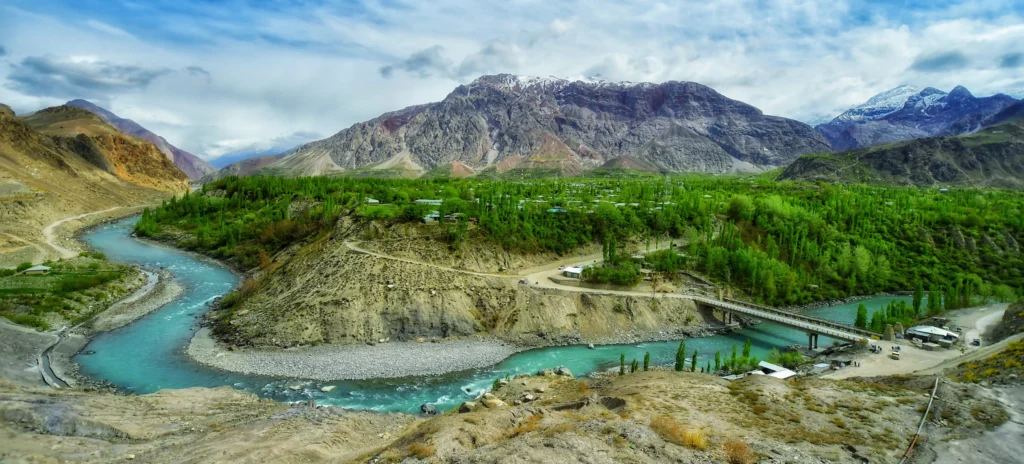
Top Tourist Destinations in KPK:
Here are some must-visit points in KPK:
1. Swat Valley – Switzerland of the East: Swat, known as the “Switzerland of Pakistan,” is a beautiful place to visit. It has green valleys, snowy mountains, clear rivers, and amazing historical sites that everyone can enjoy.
- Key Attractions: Malam Jabba (ski resort), Kalam Valley, Mahodand Lake, and Mingora.
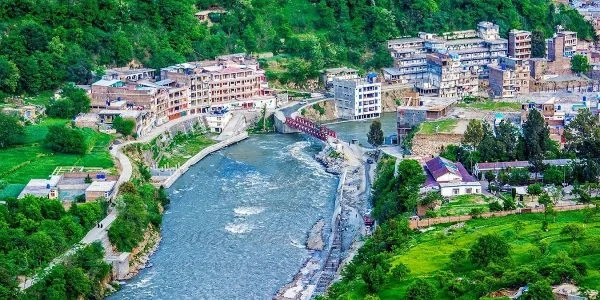
2. Hunza Valley: Hunza, a breathtaking valley in northern Pakistan, is famous for its stunning mountain views, vibrant cherry blossoms, ancient forts, and welcoming locals. It’s a peaceful paradise for nature lovers.
- Key Attractions: Baltit Fort, Altit Fort, Attabad Lake, Passu Cones, Khanjrab Pass, Eagle’s Nest Viewpoint,

3. Naran & Kaghan: Naran and Kaghan are famous tourist destinations in Pakistan, known for their stunning valleys, lush meadows, and crystal-clear lakes like Saif-ul-Malook. Surrounded by snow-capped mountains, they offer scenic beauty, trekking adventures, and unforgettable nature experiences.
- Key Attractions: Lake Saiful Malook, Lalusar Lake, Babusar Pass, Shogran, Kunhar River, Siri Paye Meadows (Makra Peak), Noori Top.
4. Chitral & Kalash Valleys: Chitral and Kalash Valleys are enchanting tourist destinations in Pakistan, offering stunning mountain landscapes, vibrant traditions, and unique culture. Chitral boasts serene rivers and lush greenery, while Kalash is famous for its colorful festivals and ancient heritage. Together, they promise an unforgettable blend of nature and culture.
- Key Attractions for Chitral: Tirich Mir, Chitral Fort, Shandur Pass, Chitral National Park, Bumburet and Rumbur Valley.
- Key Attractions for Kalash: Unique Culture, Kalash Festival (Chilam Joshi, Uchal, Chawmos), Bumburet, Rumbur, and Birir,
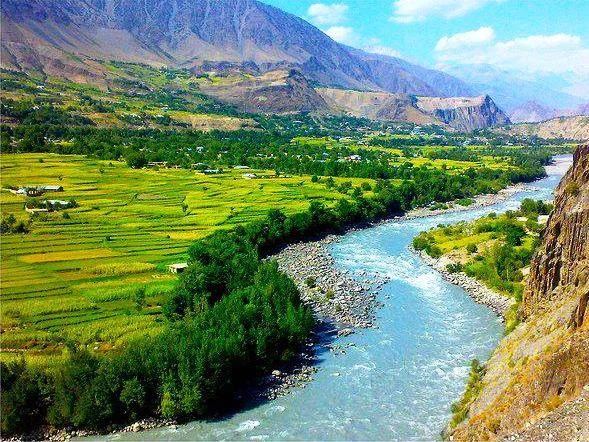
5. Kumrat Valley: Kumrat Valley, nestled in Pakistan’s Upper Dir district, enchants visitors with lush green meadows, misty mountains, and serene waterfalls. Known for the majestic Jahaz Banda, clear rivers, and thick forests, it’s a paradise for nature lovers and trekkers.
- Key Attractions: Jahaz Banda Waterfall, Panjkora River, Kumrat Waterfall, Kala Chashma, Wooden Canals, Kumrat Forest, Badogai Pass, Thal Village.
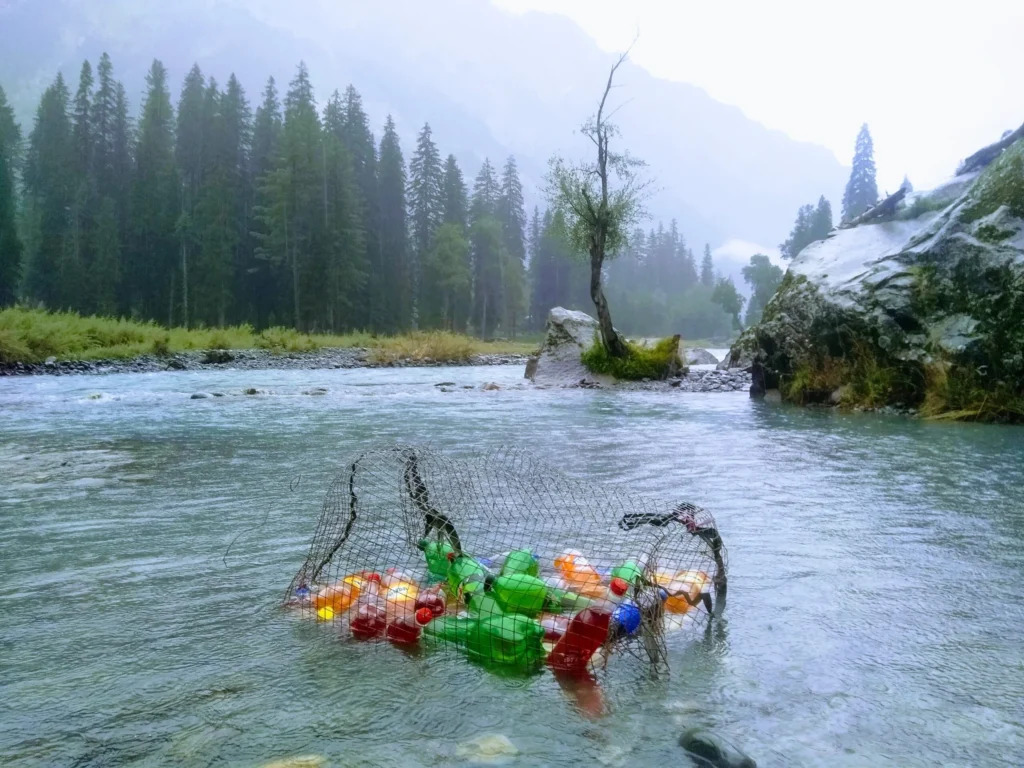
6. Galiyat Region: The Galiyat Region, nestled in Pakistan’s Hazara district, boasts lush green hills, pine forests, and cool weather. Popular for scenic hill stations like Nathiagali and Ayubia, it offers trekking, wildlife, and panoramic mountain views, attracting nature and adventure enthusiasts.
- Key Attractions: Nathia Gali, Ayubia National Park, Thandiani, Dunga Gali, Changla Gali, Bara Gali, Khyber Pass.

Best Time to Visit KPK:
The best time to visit KPK depends on the region:
- Spring (March to May): Perfect for visiting valleys and enjoying blooming flowers.
- Summer (June to August): Ideal for exploring cool mountainous areas like Swat and Chitral.
- Winter (December to February): Skiing and snow activities in Malam Jabba.
Tips for Tourists:
- Respect local customs and traditions.
- Dress modestly, especially in rural areas.
- Hire local guides for trekking and historical tours.
- Carry warm clothes if traveling to mountainous areas.
Conclusion:
KPK is truly one of the most stunning and culturally vibrant provinces in Pakistan.
With its breathtaking natural scenery, historical sites, and welcoming people, it serves as an ideal destination for travelers from both near and far.
Whether you’re looking for adventure or a peaceful retreat, KPK provides a one-of-a-kind experience that will stay with you forever.
The KPK government is also working to promote tourism in the region and has taken amazing steps to boost tourism in the province. Don’t forget to check out my article for more details! “CM KPK Launched Mezban Programm”

